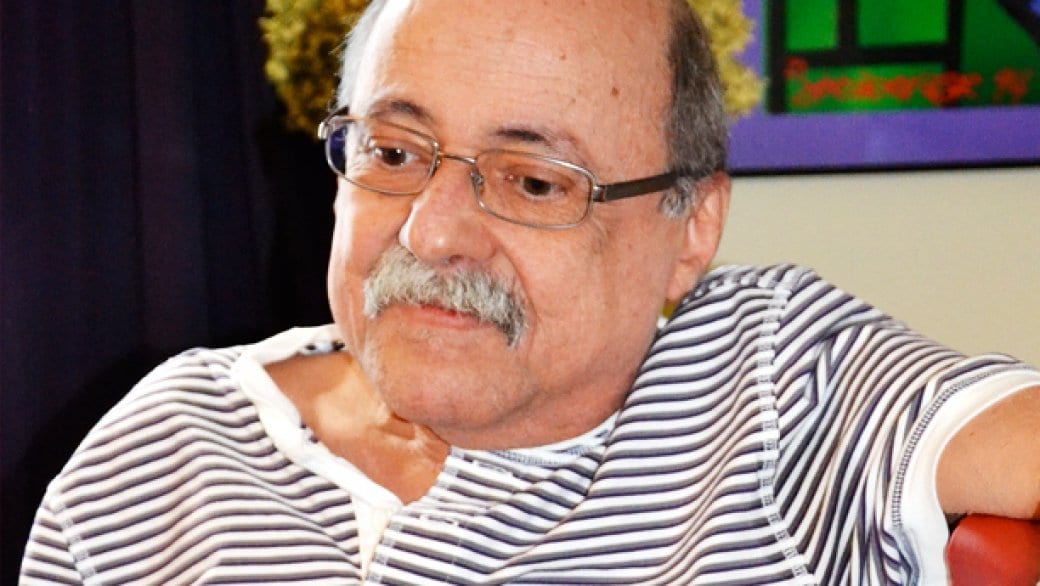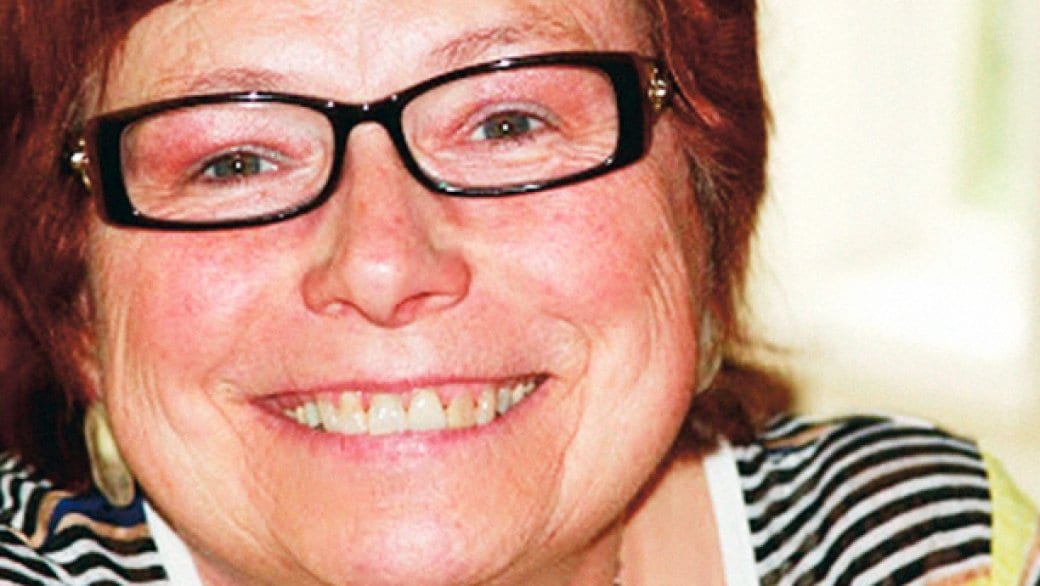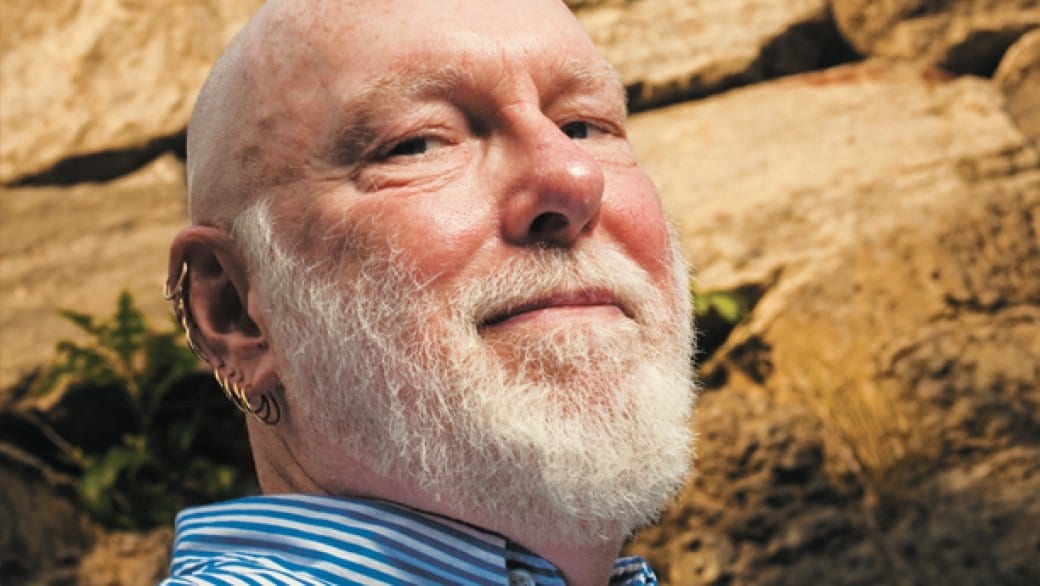
caption goes here*********** Credit: credit goes here

caption goes here*********** Credit: credit goes here
Bill C-150, officially known as the Criminal Law Amendment Act, was the 1969 omnibus bill that decriminalized homosexuality in Canada, provided it happened in private between people aged 21 or older. It was a small step and the first of many in the struggle for full LGBT rights and equality.
Charlie Hill
Curator of Canadian art, National Gallery of Canada; co-founder, University of Toronto Homophile Association; co-founder, Gays of Ottawa
Born in 1945, Charlie Hill came out to his parents in 1966 and was promptly sent to a psychiatrist. In the spring of that year, he was arrested in a Montreal bar raid for dancing with another man. A founding member of Gays of Ottawa, Hill was also present at the first-ever gay-rights protest on Parliament Hill, in August 1971. “A lot of my [activist] involvement had to do with a lot of anger and irritation at prejudice and how people were pushed to the sides of society and forced to hide and how a climate of fear was created by oppression,” he says. “Laws in themselves are not the real problem. Certainly, if you take away the tools of oppression, that’s good. But I still could’ve been arrested in the gay club whether [C-150] passed or not because of doing something in a public place … I think it was important symbolically more than effectively. It certainly was a catalyst for change in opinion.”
Denis LeBlanc
Public servant, Ontario Ministry of Labour (retired); 20-year volunteer, Gays of Ottawa; co-author, Gays and the Law; past president of Egale; lifelong activist
Born in Moncton in 1951, Denis LeBlanc grew up in a deeply Catholic household. He was 18 years old when C-150 passed and was diagnosed as HIV-positive in 1988, just one year after AZT was approved in Canada. A lifelong activist, LeBlanc was deeply involved as a member of Gays of Ottawa and has been active in LGBT organizations including EGALE and the Aids Committee of Ottawa for most of his life. These days he focuses his efforts on helping the international LGBT community. “I knew I was a homosexual in those [early] days,” he says. “But of course I’d never talked to anybody about it. In August when [C-150] was signed into law, of course I knew and I had to celebrate very quietly in my own heart. It was a big day for me.”
“[During the AIDS crisis] I went and visited tons of sick people when they needed visiting because we wanted to make sure, especially in the early days, nobody was left alone. If we knew somebody had AIDS in the hospital, we’d just go and visit.” Leblanc credits decriminalization, at least in part, with giving the LGBT community the freedom to organize itself ahead of the AIDS crisis. “I’m proud of our community, what we were able to do here,” he says.
Carmen-Louise Lépine
Public servant; co-founder of LOG (Lesbian Outdoor Group); came out and left her husband in 1976 at the age of 23
Carmen-Louise Lépine grew up in a Catholic household in Quebec. She was in high school when C-150 was passed but at that time was still unsure of her sexuality. She married a man at 19 but later left him when she realized she was gay, thanks to her friendship with an out lesbian co-worker. Lépine remembers spending time at the Coral Reef, once Ottawa’s only gay bar, in its heyday. “One night my husband decided to go to a party and I didn’t want to go. So I called up [my lesbian co-worker], and I went to the Coral Reef for the first time.” She recalls how even in the 1970s it was still very difficult to be gay or lesbian. “There was one young woman, I’ll call her P, and … her family would appear at the Coral Reef trying to catch her so they could commit her. In those days the Coral Reef was in the basement in front of the Ottawa police station, and any time [the police] could come down, they could come and raid the place … There was still a lot of fear in those days. [Nowadays], it’s becoming saner for gay people to be who they are without having that stigma of being outed or losing their job … It is a better environment.”


 Why you can trust Xtra
Why you can trust Xtra


